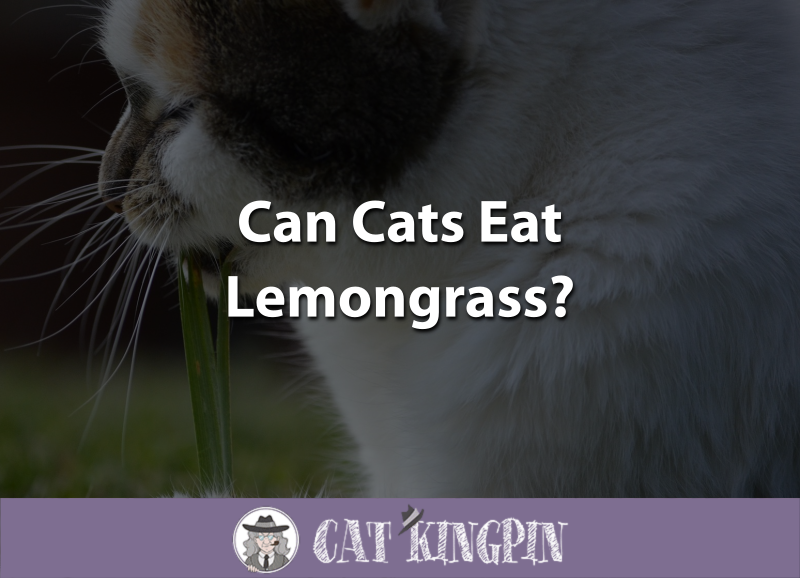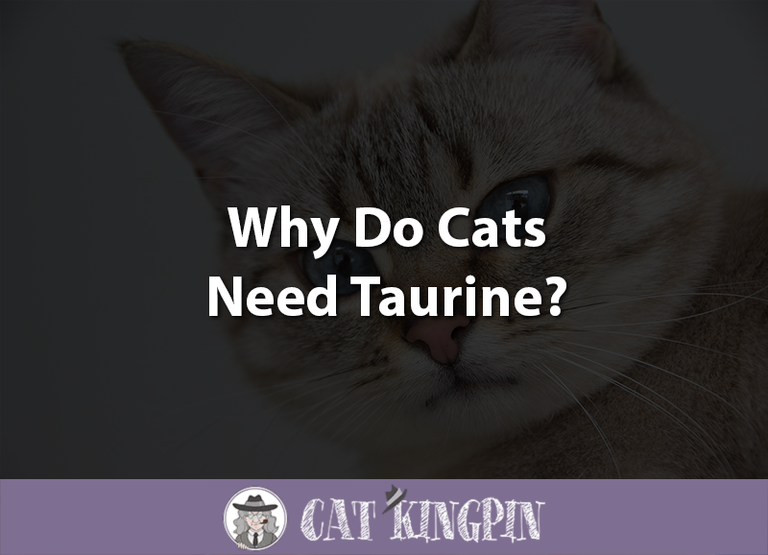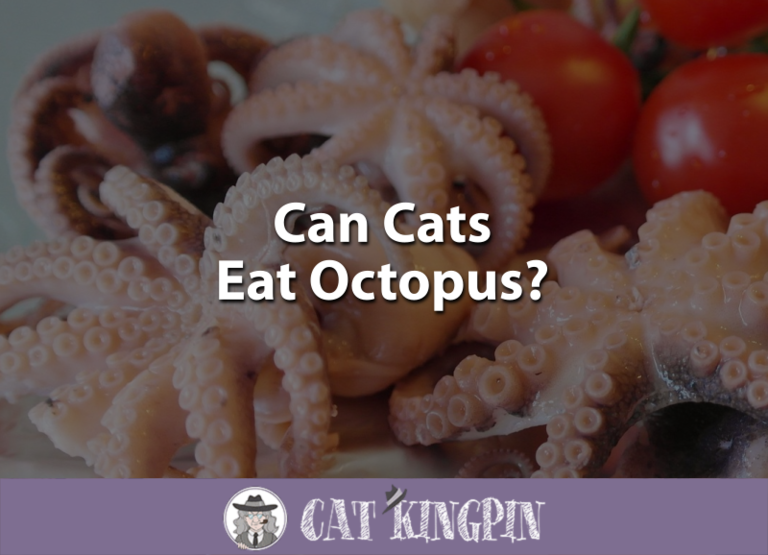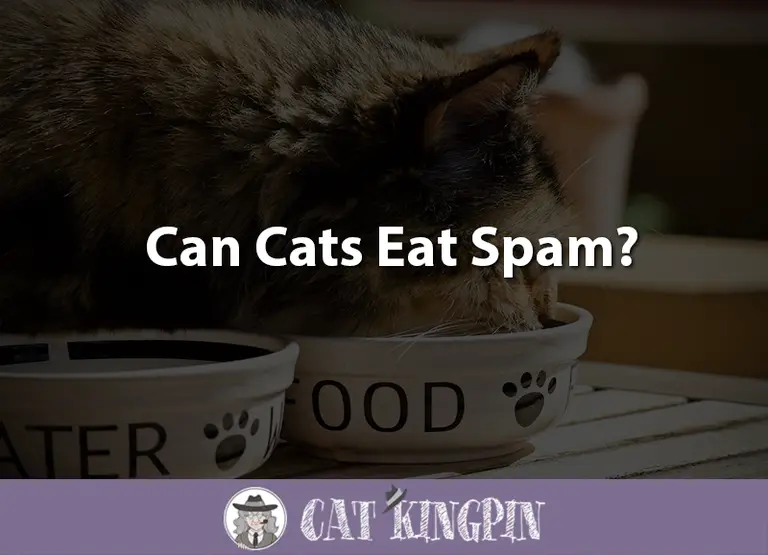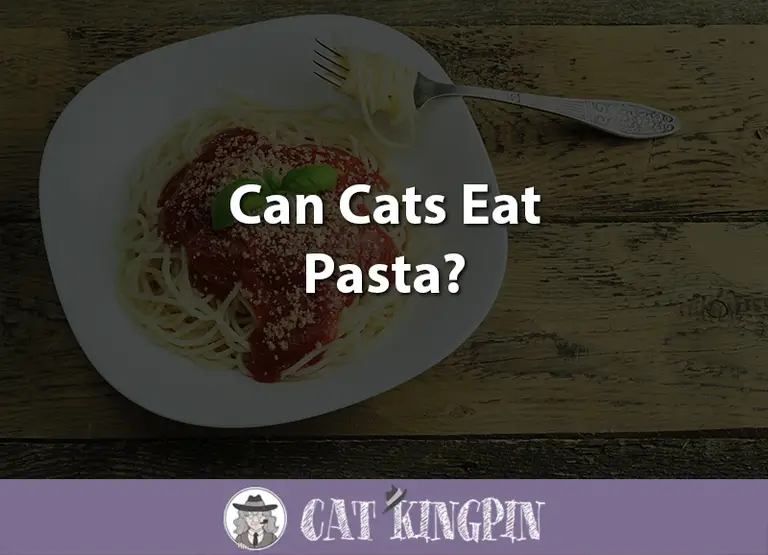Can Cats Eat Lemongrass?
Cats love to eat all sorts of plants and grass. You may not know the exact reason, but usually they do it to cleanse their systems or because they like the taste of particular plants and flowers.
Apart from catnip, which is often our feline friend’s favorite type of grass, nibbling on plants of various kinds is usually healthy for cats to do, but it can also be very dangerous.
One type of grass that is commonly thought of as safe for cats is lemongrass. Human beings use it in a lot of different ways: for cooking, as a cleaning product, in perfume, and as insect repellant. But can cats eat lemongrass? And more importantly, should they?
In this article, we’ll cover the following:
- Cats and Lemongrass, What You Need to Know
- Can Cats Eat Lemongrass?
- Can Kittens Eat Lemongrass?
- Benefits/Negatives of Feeding Cats Lemongrass
- Alternatives to Lemongrass for Cats
Cats and Lemongrass, What You Need to Know
Lemongrass is actually not a single type of plant. In fact, the term “lemongrass” can be used to describe over 50 types of plant in the “cymbopogon” genus, which is native to the far East.
Because of its many uses in human’s lives, your cat is likely to come across it at some point or another.
In plant form, lemongrass is unlikely to do your cat any harm. If your cat is interested in nibbling or even eating a bit of it, you can let them do so without worrying too much.
Lemongrass becomes a problem when it is distilled or concentrated into an oil. Lemongrass oil is not edible for cats and you should always keep your cat far away from it.
Can Cats Eat Lemongrass?
While lemongrass isn’t as innocuous as catnip which can be safely consumed, it’s unlikely to seriously harm your cat.
Lemongrass tends to be a bit citrusy which is where its name originates. Because cats don’t typically like the smell or taste of citrus, it’s unlikely that they will be too interested in it.
If your cat is one of those felines who enjoys a bite of lemongrass now and again, you can feel good about allowing them to eat it in small quantities. However, there are other plants that are safer and better for cats, so lemongrass shouldn’t be your first choice if you are purposefully creating a “cat garden” with edible foliage for your cat to munch on.
This cat really loves lemongrass. But notice how he only nibbles at it and never tries to eat a lot. If your cat tries to ingest lemongrass in large quantities, take it away from them and make sure they don’t have access to the plant.
Can Kittens Eat Lemongrass?
Kittens should not be allowed to eat lemongrass. While it is unlikely to seriously harm them, kittens have more sensitive digestive systems than their adult counterparts and may be more susceptible to digestive upset if allowed to eat lemongrass.
If you really want to let your kitten eat some vegetation, offer them little bits of catnip, wheatgrass, and alfalfa.
However, kittens should always primarily given a high-quality kitten food to ensure that they are healthy and growing.
Benefits/Negatives of Feeding Cats Lemongrass
Lemongrass can serve as a bit of roughage for your kitty, but honestly there aren’t many health benefits to eating it.
While your cat may enjoy nibbling on a bit of lemongrass, it goes without saying that your cat should derive all the nutrition they need from their cat food. Pick a high-quality cat food and you won’t need to worry about whether or not your feline friend is getting all the nutrients they need.
Any plant you give them should be offered because they like it, not because you expect it to fill nutritional gaps in your cat’s diet.
If eaten in high quantities, lemongrass can cause your cat to become ill.
If you suspect your cat has ingested too much lemongrass, the first thing to do is take them to your veterinarian immediately! The first symptoms of intoxication in cats are: repetitive sneezing, lethargy, excessive salivation and coughing.
Once the toxic substance has been absorbed by the body, other symptoms of poisoning may occur such as: collapse, vomiting, convulsion, tremors, and spams. Once you arrive at the vet, they may suggest methods to induce vomiting in your cat in order to remove the ingested substance.
If you can, bring along a sample of what your cat ate so they can determine the best course of action. In these types of cases, a visit to the vet will give your cat the best chance at survival, so don’t try home remedies that could make things worse.
Alternatives to Lemongrass for Cats
If you want to give your cat a plant to eat that has some nutritional value you can try wheatgrass, alfalfa, or catnip. If your cat really likes leafy texture, you may even offer them a little bit of lettuce.
You can also try cat grass, which can be purchased in seed form and easily grown at home. Cats love it, it’s totally safe even if ingested, and it makes a pretty potted plant. There are even cat grass kits on the market, which give you everything you need to start a healthy and edible garden for your feline friend.
These cats are happily munching on some safe, nontoxic cat grass!
So, can cats eat lemon grass?
Because there are so many plants that cats really enjoy and are perfectly harmless such as catnip and cat grass, which you can purchase as seeds and plant yourself, there really isn’t a good reason to purposefully give your cat lemongrass.
If your cat is interested in it and they want to nibble a bit of lemongrass, it’s unlikely that it will do them any harm. But, in large quantities lemongrass can cause digestive upset, and lemongrass oil can cause toxicity poisoning.
Do yourself a favor and stick to feline-approved plants such as catnip, alfalfa, wheatgrass, and cat grass. Your cat can nibble any of these without risk so you won’t have to worry that they’ll accidentally eat too much.
What plants do you give your cat as a treat? Have you had any experience with lemongrass, and, if so, how do you make sure your cat doesn’t eat too much? Let us know in the comments!

